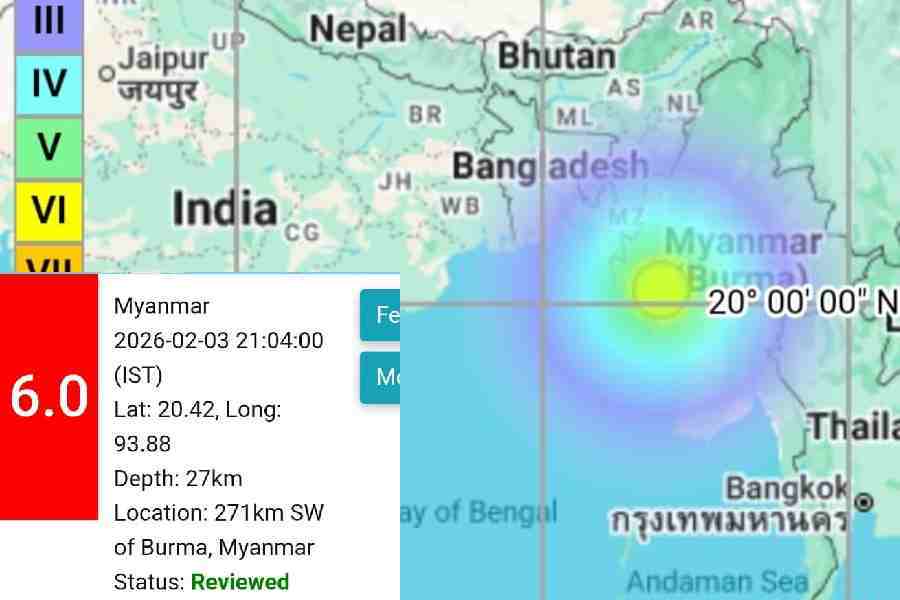Russia’s attack on Ukraine leaves many moral questions unanswered. At the outset, it is essential to discuss the reason that enticed Russia to wage war on Ukraine: Vladimir Putin claims that the war was necessary to put a leash on Ukraine’s expanding military abilities as well as its intention of joining NATO, which, Russia claims, is a security threat to Moscow.
Russia’s intention of controlling Ukraine was evident way back in 2014 when it supported separatist rebels. Subsequently, Russia has sought to legitimise its wrongdoings in the name of ‘demilitarising’ and ‘de-Nazifying’ Ukraine. It has thus christened the war as a ‘special military operation’.
According to the Just War Theory, a doctrine on military ethics, a conflict must satisfy at least two fundamental criteria. First, there should be a just cause — jus ad bellum — to begin a war; second, certain principles — jus in bello — must be followed during the war. Jus ad bellum includes a set of components: just cause, legitimate authority, right intention, proportionality, last resort, among others. Similarly, jus in bello entails some elements: differentiation, proportionality, and military necessity.
In an attempt to establish peace and security internationally, the UN Charter has laid down cases where the use of violence can be legitimately encouraged on the basis of the Just War Theory. Article 51 of the UN Charter states that “Nothing in the present Charter shall impair the inherent right of individual or collective self-defence if an armed attack occurs against a Member of the United Nations, until the Security Council has taken measures necessary to maintain international peace and security...” However, self-defence also includes the component of ‘anticipatory self-defence’ — the use of force to respond to the forthcoming threat of an armed attack. Historically, nations that have used force have tried to justify it on the basis of the principle of anticipatory self-defence. While considering Russia’s excuse of ‘anticipatory self-defence’, it must be understood what the UN Charter says about immediate self-defence, not anticipatory self-defence. It is also necessary to check whether Russia’s use of force satisfies the conditions of exercising the right to self-defence on the basis of the Just War Theory.
Ukraine has not initiated an armed attack; therefore, Russia neither meets the first criterion of the UN Charter nor fulfils the first condition of jus ad bellum, thus violating the law of exercising the right to self-defence as well as providing a just cause to begin war. Second, the last resort condition of jus ad bellum should precede a trial of other possible options that are less harmful. The issues between Russia and Ukraine could have been resolved through peaceful means. Unfortunately, Russia preferred a violent and destructive means, baring its intention to demonstrate its power and violating the preconditions of jus ad bellum. Moreover, the proportionality component entails a balanced use of force among combatants. The use of force should be restricted to the purging of the peril and must not surpass the attack against which a country is shielding itself. Russia fails to satisfy this condition too.
Russia is also ignoring the principles of jus in bello. It has failed to differentiate between combatants and non-combatants, evident from Russia’s incessant attacks on civilians in Ukraine. Moscow has also failed to honour proportionality between military advantages and unintentional military injury. This has led Russia to committing moral crimes. All its attacks are intended to destroy the properties and lives in Ukraine. Russia has also grossly failed to adhere to the moral norm of inflicting minimum destruction and death by employing the least damaging military means.
Russia’s predations on lives and dignities of fellow human beings in Ukraine as well as on the environment merit larger debates on the moral discourse of conflict.
Nibedita Priyadarshini Jena is an independent researcher










